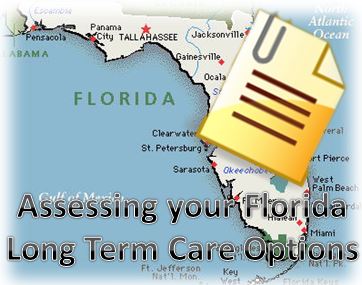Geriatric Care Management Assessment: A Caregiver’s Gift
Caregivers: this holiday season, give yourself the ultimate gift. The geriatric care management assessment will save you time, money and a lot of headaches. Why not check into how a geriatric assessment could help you?
Why is the geriatric care management assessment a gift for the caregiver?
- It gives you the feeling you have a handle on the situation with your aging parent or other elderly loved one. You get a baseline of different aspects of the person’s situation and care needs. This can also be a wonderful tool in discussions (or disagreements) with other family members, professionals, etc.
- You walk away with actionable tips, thus feeling less overwhelmed.
- It offers realistic solutions. The internet and your friends may offer a lot of advice…some of it may or may not be for you. It may be just plain wrong, or just not apply to your loved one. A geriatric care management assessment is specifically built for your loved one’s unique situation.
- The geriatric care management assessment is a plan, built on a thorough analysis of the situation. Having a plan saves you time and minimizes the chances of crisis.
- Rather than having to learn an entire field from scratch (caregiving already feels like getting several Ph.Ds sometimes!), you get an expert who can share their years of experience and knowledge with you. You can quickly gain access to all sorts of resources and information that could take a long time to uncover otherwise. The care manager is hired just to help you…they aren’t a gatekeeper for an organization or focused on one specific program. Care managers can therefore offer you a world of options, so that your loved one gets the best care and you have a smoother journey as a caregiver.
How do I get a care management assessment done on my loved one?
It’s simple, contact us and we’ll set it up. If you aren’t in the Clearwater/St. Pete/Tampa Bay area, we can refer you to a colleague in your area. Worried that your loved one won’t like the idea? We encounter that all the time, so we know how to help. You’ll be delighted by how smoothly things will actually go. We have a dedicated Senior Care Consultant who does complimentary phone consultations and attends the initial face-to-face meeting to ensure everything goes well. She’s an expert in the process and the best approaches for sensitive issues. One of the most frequent compliments our care managers receive is about their ability to handle sensitive situations and guide the family in a dignified approach.
What happens after we get the geriatric care management assessment?
You have an actionable plan with specific resources, so you can follow through or hire our care managers to help guide you. With their help, you can put the suggestions into place with ease. As mentioned, their approach often helps and is especially useful because of the personal separation they have versus family members. It is easy for them to see things objectively and offer your family advice backed up by their deep experience. Depending on the priorities outlined in the geriatric care management assessment, you may hire home caregivers, begin seeking out alternative care arrangements or make some modifications to the home or care situation.
Give yourself the best gift to start 2015 off on the right foot…contact us (phone: 727-447-5845) to discuss getting a geriatric care management assessment done by “your family’s advocate”, Aging Wisely.



 Popular Downloads
Popular Downloads


 Get Our Newsletter!
Get Our Newsletter! Mission Statement
Mission Statement

